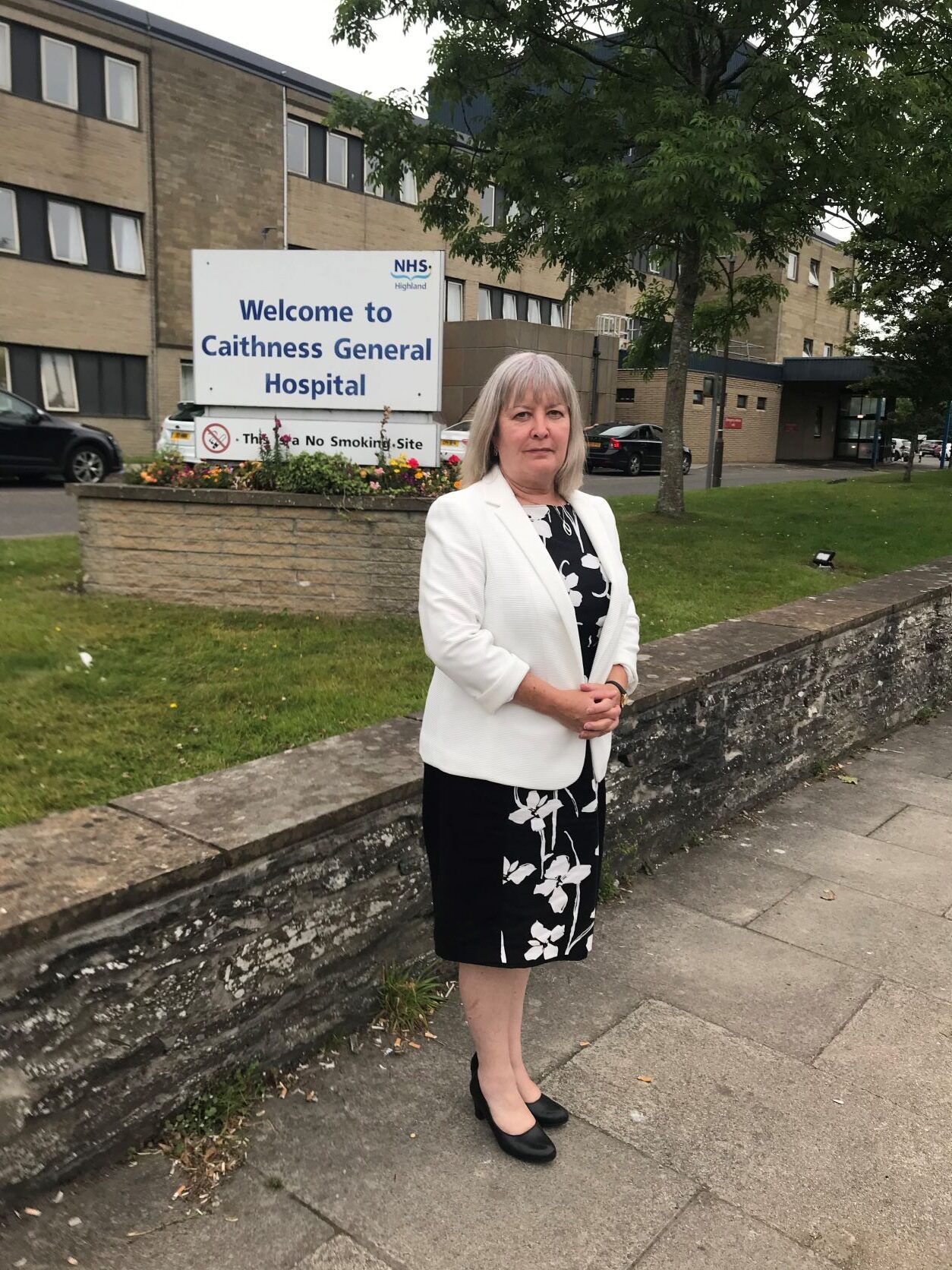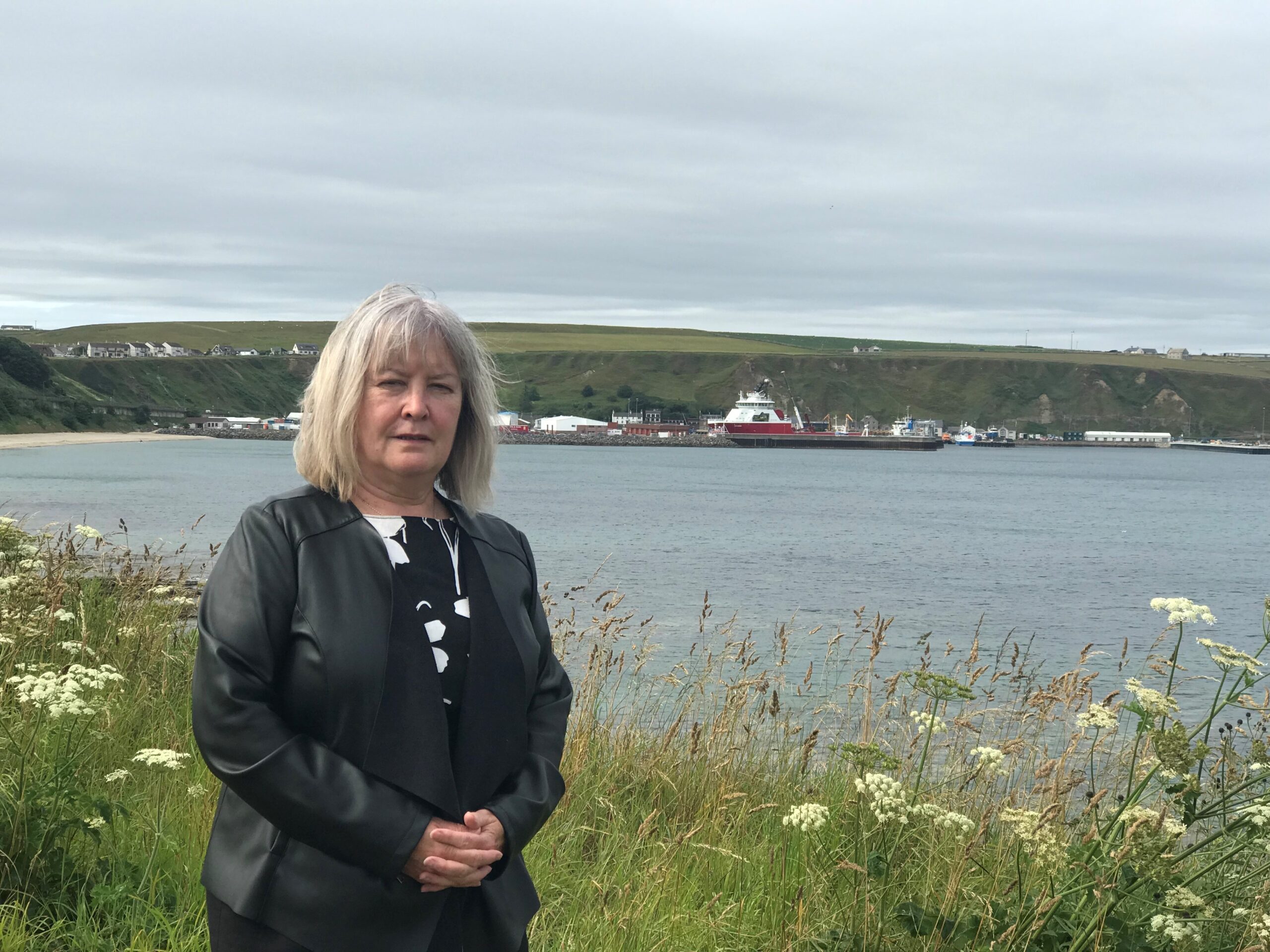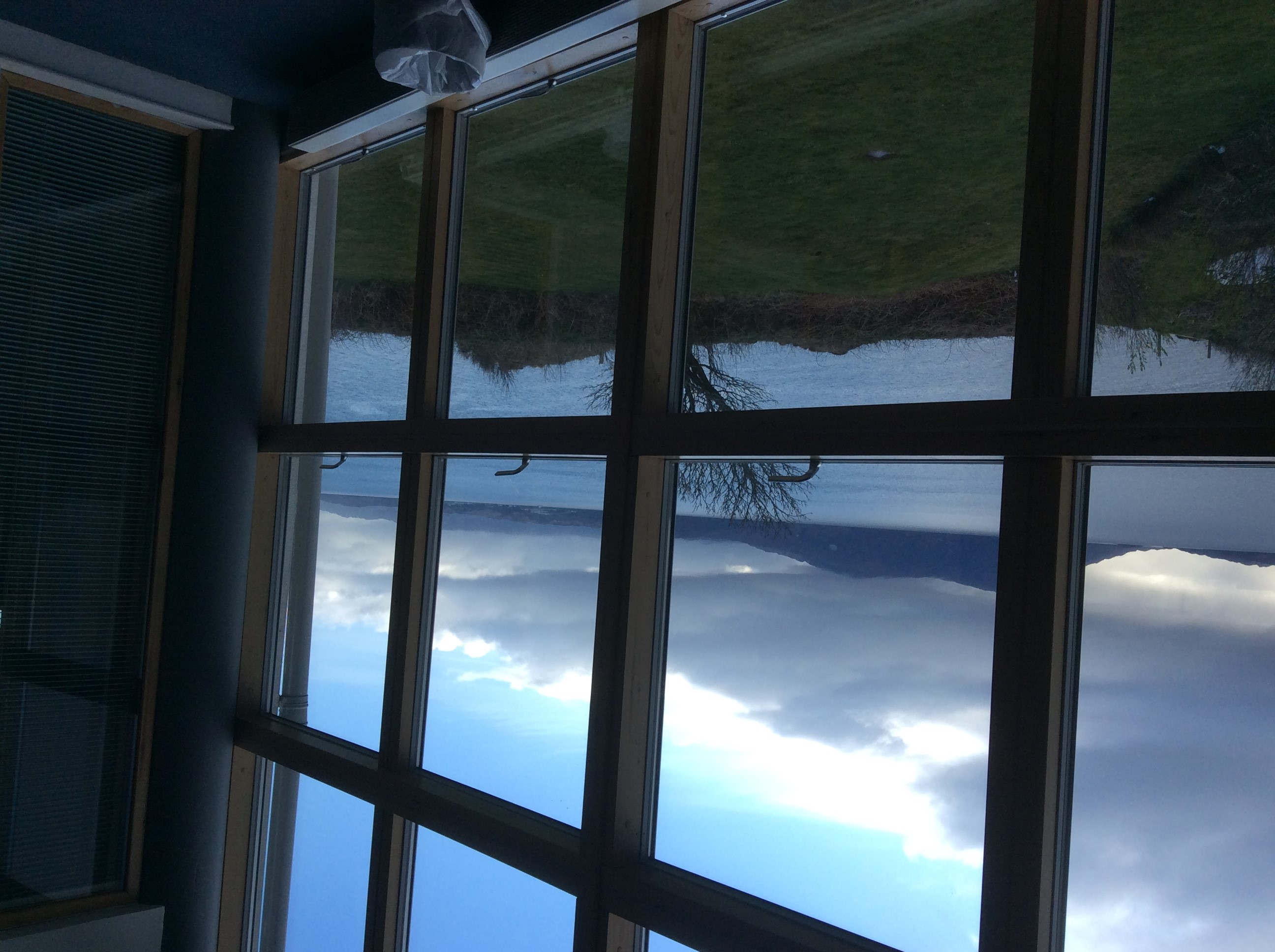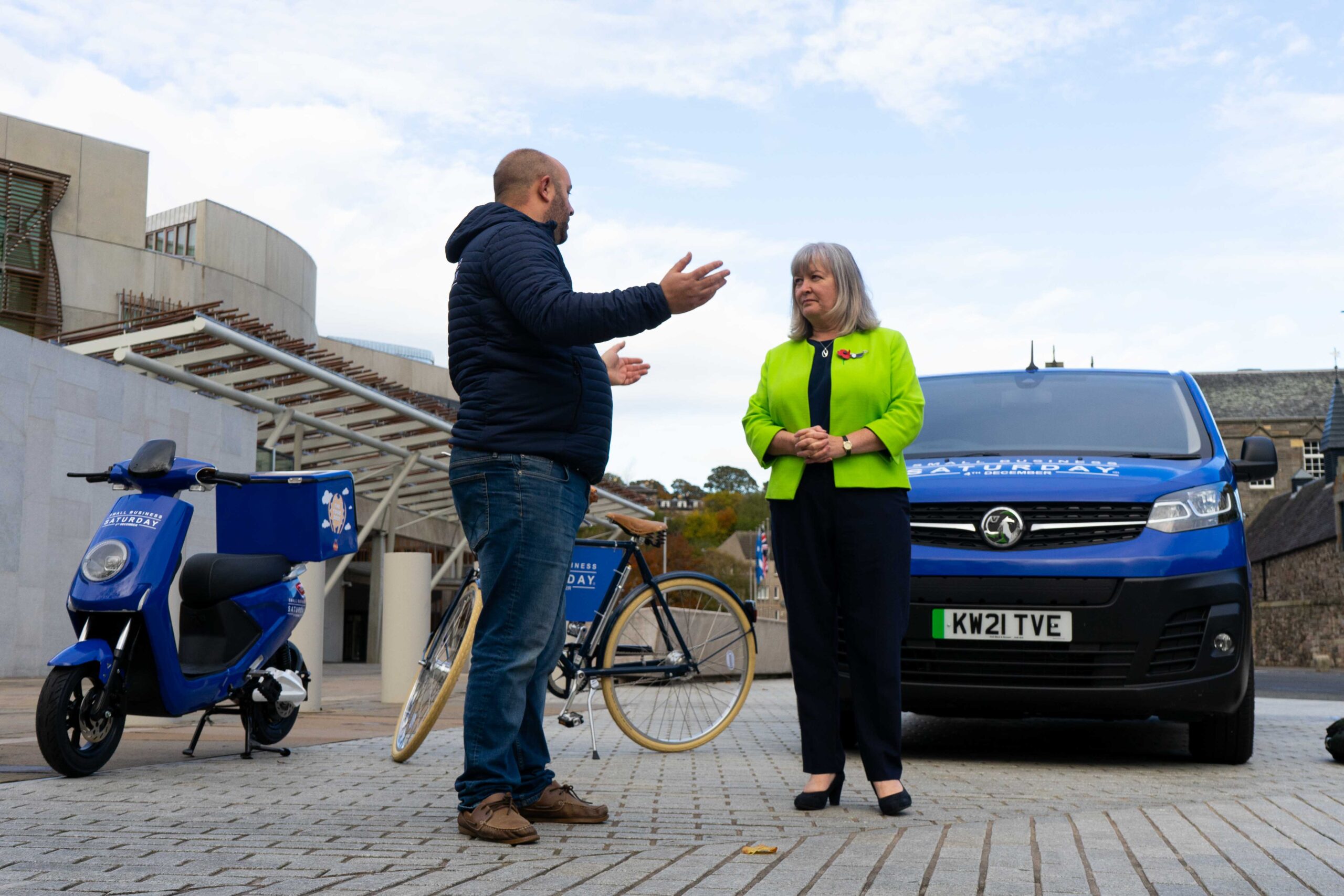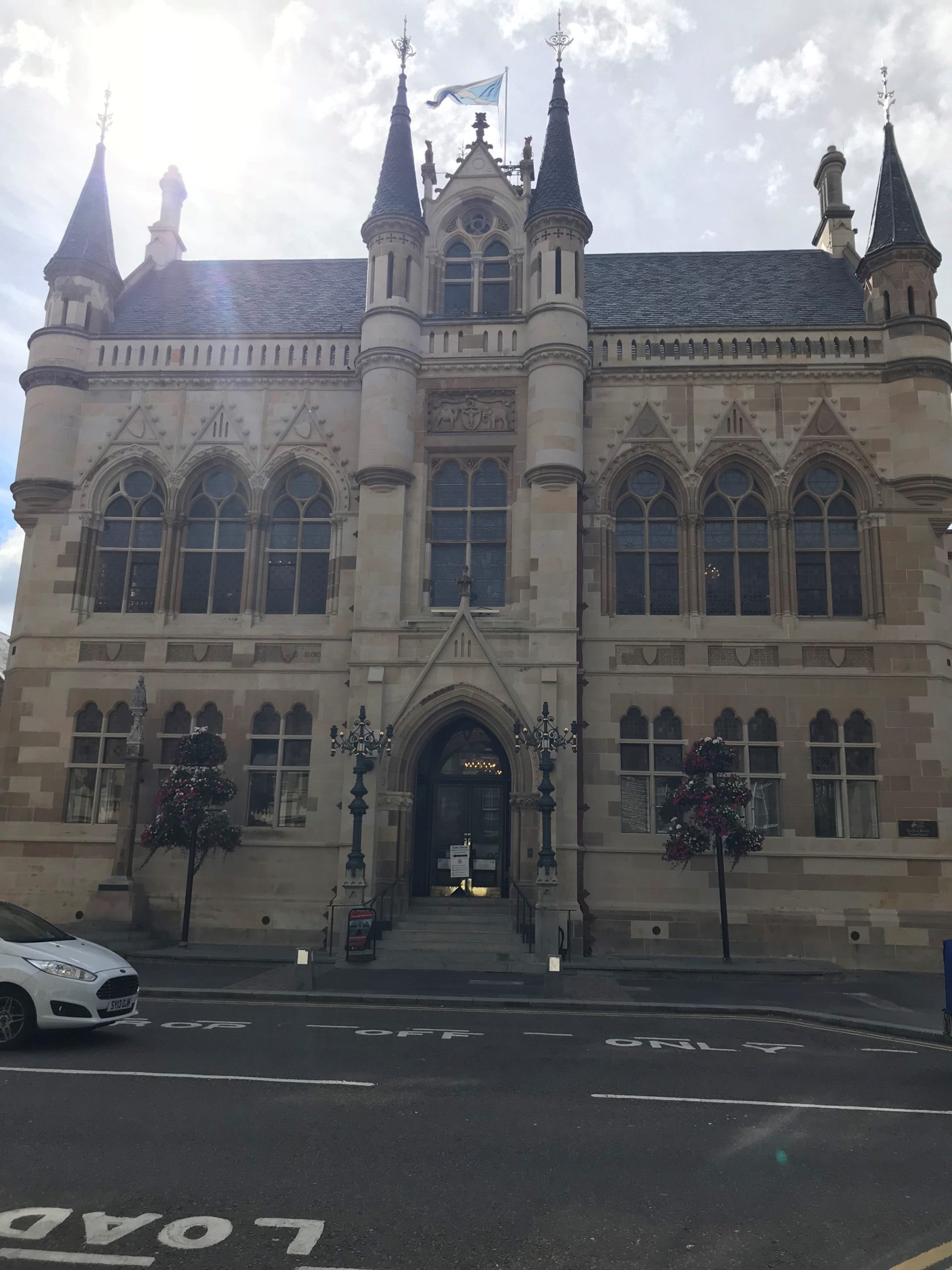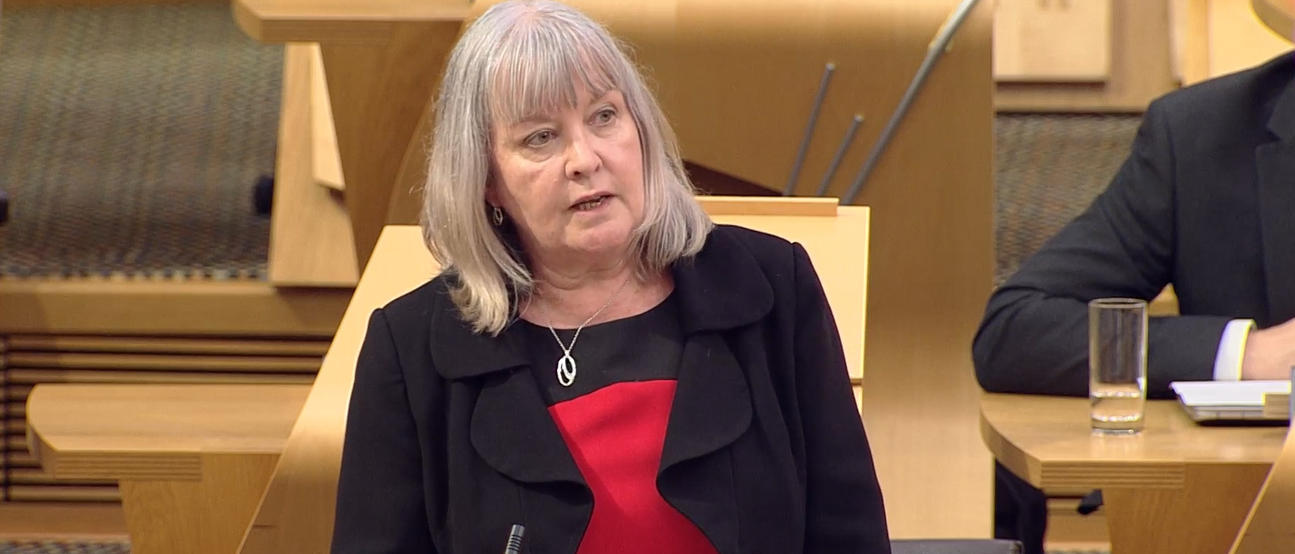Highlands and Islands Labour MSP, Rhoda Grant, is spreading the word that grant funding has been announced to assist with supporting those experiencing chronic pain this winter.
As a member of the Scottish Parliament’s Cross Party Group on Arthritis and Musculoskeletal Conditions, Mrs Grant has been asked to help spread the word that the funding is being made available for third-sector organisations, local authorities, Health and Social Care Partnerships and NHS Health Boards to “increase their capacity to provide appropriate care for people with chronic pain when they need it.”
Proposals for regional and national projects where collaborative working across sectors could increase the reach and impact of any planned activities are particularly being welcomed. Grants of £50,000 per organisation are available although applications above this amount should also be discussed with the Government’s Clinical Priorities Division.
The deadline for applications is tight, with applications to be submitted by 3 December and decisions communicated by 10 December. The project duration is December 2021 – March 2022.
Rhoda Grant said “Sufficient funding for chronic pain services in the north has been desperately needed so this is welcome news.
“The pandemic exacerbated the problem of delivery of chronic pain services in the Highlands so I would encourage groups and organisations, large and small, to apply for this funding today.”
Queries and applications should be sent to: Clinical_Priorities@gov.scot

